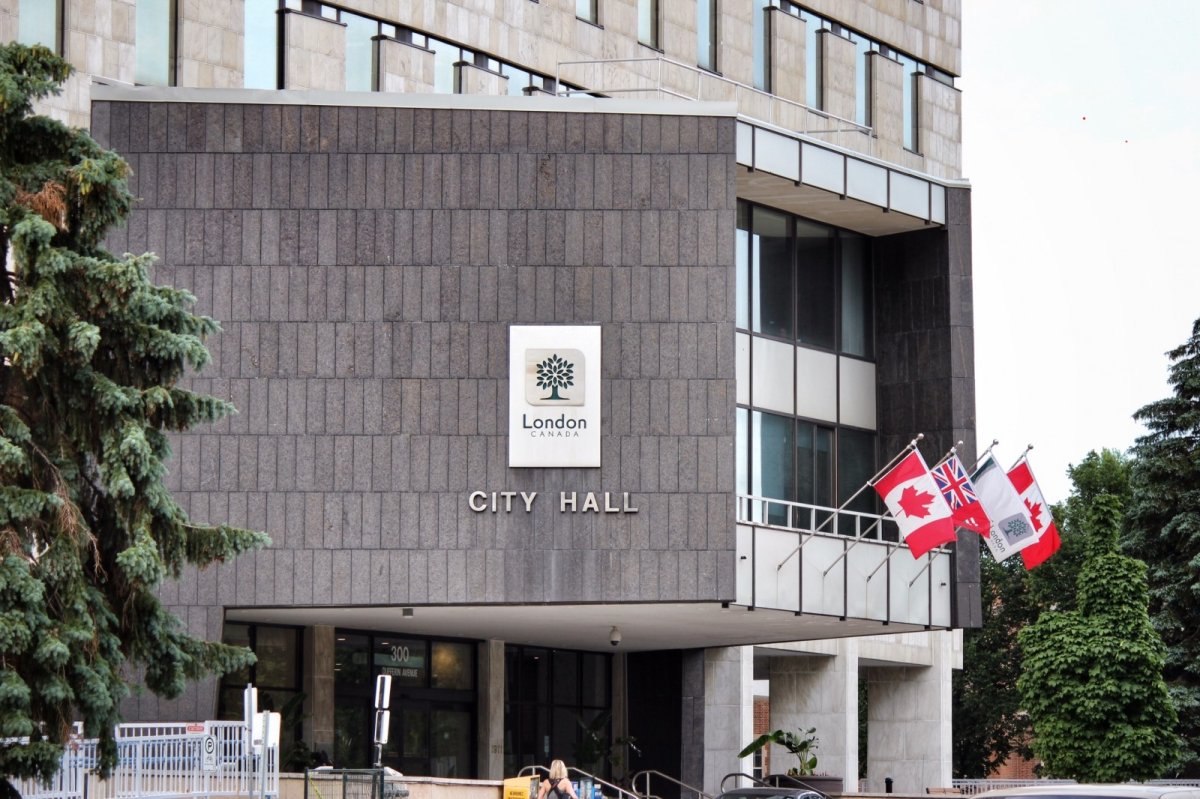London’s vacancy tax rebate is officially on the endangered species list.

London city council voted 13-2 Tuesday night to wind down the rebate over two years, reducing the rebate to from 30 per cent to 15 per cent next year, and zero in 2019.
The rebate applied to property owners who have a building that has been empty for longer than 90 days.
“It flies in the face of all the plans and incentives that we have in place throughout the community,” said Ward 13 Coun. Tanya Park. “It’s not fair for the taxpayers of the city of London to subsidize property owners in that regard.”
The city issued rebates totaling about $1.8 million last year.
City politicians were unanimous in their agreement the time had come to end the rebate, the only issue was when.
Deputy Mayor Paul Hubert argued starting the phase out in 2018 left small business too little time to adjust.
“We’re changing a policy that will impact small businesses on Jan. 1 of this year,” said Hubert. “If they are planning their cash flow and planning their programs it could have an impact.”
- Iran fires air defences at military base after suspected Israeli drone attack
- U.S. aid to Ukraine, Israel set to pass. But bills differ in one key area
- Carbon rebate labelling in bank deposits fuelling confusion, minister says
- Conservatives ask interference inquiry judge to rule elections were flawed
Ward 6 Coun. Phil Squire agreed the timeline for the change was too short.
“I think the business community needs more time to adjust to it,” he said.
While there will be a quick turnaround for businesses that apply for the rebate in 2018, the decision has been in the works for most of the year. City council voted in principle to end the program in March. The most recent discussion at city hall dealt with how quickly the rebate should be wound down.
Phasing out the rebate was supported by all of the BIA’s in London, but not the London Chamber of Commerce.
Ward 4 Coun. Jesse Helmer argued the city has taken the prudent approach to ending the rebate.
“I think we’re making a very measured decision here. We could have proceeded in 2017, we could have done it very quickly. We could have had a very quick consultation with businesses and implemented it in the middle of the year if we wanted to. We could have moved forward very fast,” he said.
The move will save London $900,000 next year and $1.8 million in 2019.
But the decision is drawing some skepticism from a local landlord, who feels like small businesses weren’t considered as councillors engaged in the decision making process.
“I think council has essentially just sort of defaulted to a perception that there’s a few large property landlords who are taking advantage of the system at the city’s expense,” said Ross Rains, who rents to between 70 and 75 small business owners throughout London and St. Thomas.
For them, Rains said that rebate was valuable.
“That little tax credit provides a buffer until they can grow into that space or rent that space to someone else,” he said.
Rains wishes council would have distinguished between commercial landlords, some of whom are known to sit on vacant properties and wait for higher market sale prices, and emerging businesses “who are intending, or are in the process of improving those properties in order to have them fully filled.”
City council decided to direct that money towards lowering next year’s property tax increase, which currently stands at 2.8 per cent.
A decision on how that will happen will be made at a future budget meeting.
London is just the latest municipality to significantly alter, or eliminate a vacancy tax.
Hamilton will eliminate its rebate by 2019 while Peel Region will reduce its rebate to 10 per cent by 2019. Toronto and Ottawa will end their rebate programs in 2018 while Oxford County has already scrapped their rebate program. Chatham-Kent is currently in the process of phasing out their rebate program.








Comments